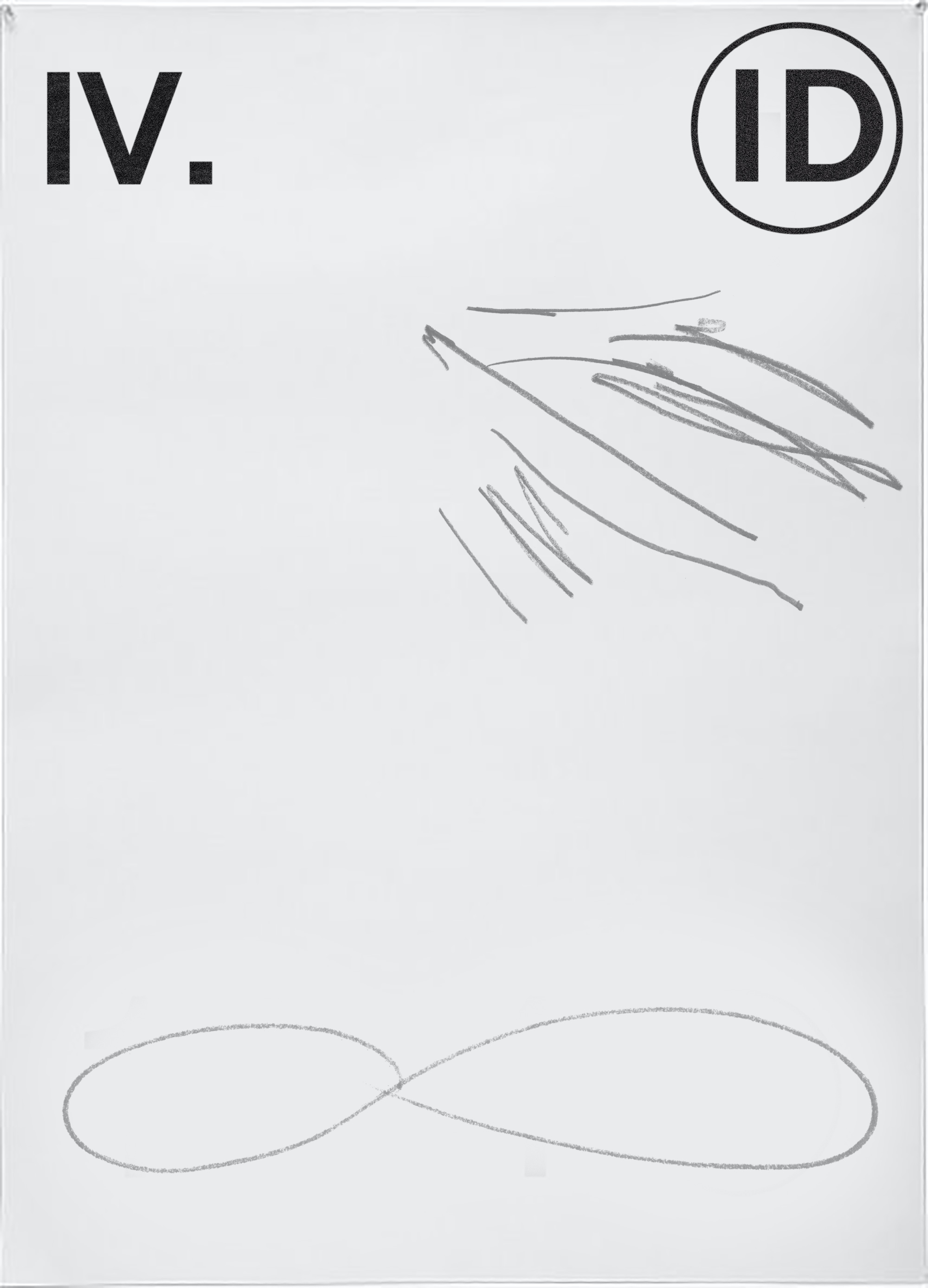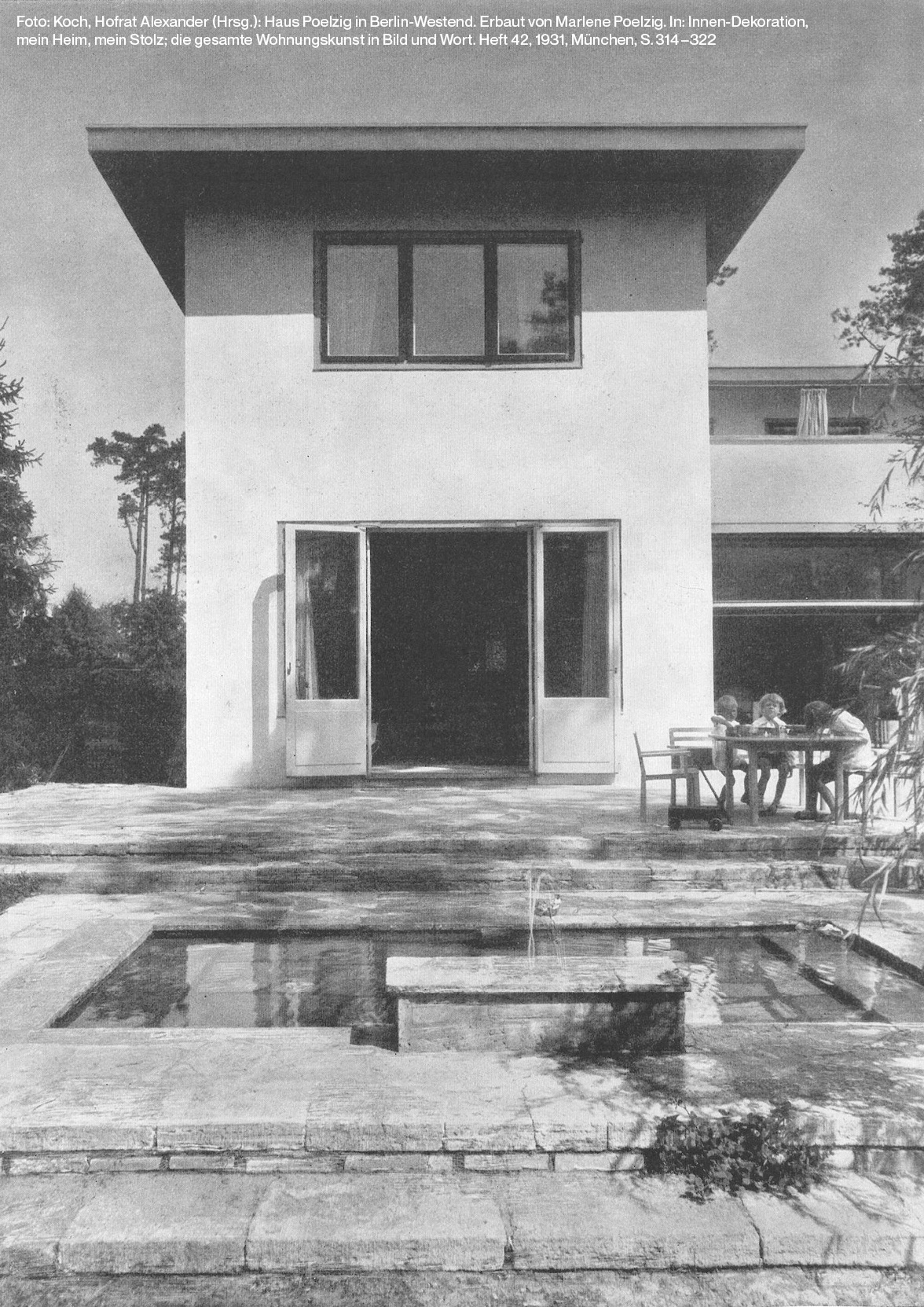

To create that what leaves the beaten path far behind. There are two aesthetics: the passive aesthetic of mirrors and the active aesthetic of prisms. When guided by the first, art transforms itself into an objective copy of its surroundings or of the physical history of the individual. When guided by the second, art frees itself, uses the world as its own instrument, and creates — beyond any spatial and temporal prison — its own personal vision.
This is the aesthetics of IV.ID. It wants to create: that is, to impose so far unsuspected ways of seeing on the universe. It demands from each poet a fresh view of things, clear of any ancestral stigmas; a fragrant vision, as if the world were arising like dawn in front of our eyes. And to conquer this vision, it is essential to cast away every aspect of the past. Everything: right angled classical architecture, romantic exaltation, the microscopic observations of the naturalists, the blue twilights that were the lyrical banners of the nineteenth-century poets. That whole absurd vast cell where the ritualists would imprison the marvelous bird of beauty. Everything, until each one of us can make an architectural construction of our own subjective creation.
From that exposition, the reader will have seen that the ultraist direction is not and never could be weighed down with a difficult set of arbitrary rules — as some would have it. The ultraists have always existed: they are those who, prescient for their times, have brought to the world new aspects of vision and expression. To them we owe evolution itself, the vitality of things. Without them, we would have kept on turning in a circle, around one single light, like moths. El Greco, in relation to his contemporaries, came out an ultraist also, like so many others. Our audacious and conscious creed is not to have a creed. That is to say, we reject all the recipes and corsets so absurdly proper, leaving them for ordinary minds. Our motto is creation for creation. Ultraist poetry has as much cadence and musicality as any other. It has just as much tenderness. As much visuality and more imagination. What is changed is the structure. Each of its most essential innovations has its root in this: the sensitivity and the feeling will always be the same. We make no claim to modify the soul or nature. What we are renovating is the means of expression.
The iconoclastic ideology, what sets the philistines against us, is precisely what enables us. Every great affirmation takes a negation, as our companion Nietzsche said or forgot to say… Our poems have the freewheeling and decisive structure of telegrams.
This is the aesthetics of IV.ID. It wants to create: that is, to impose so far unsuspected ways of seeing on the universe. It demands from each poet a fresh view of things, clear of any ancestral stigmas; a fragrant vision, as if the world were arising like dawn in front of our eyes. And to conquer this vision, it is essential to cast away every aspect of the past. Everything: right angled classical architecture, romantic exaltation, the microscopic observations of the naturalists, the blue twilights that were the lyrical banners of the nineteenth-century poets. That whole absurd vast cell where the ritualists would imprison the marvelous bird of beauty. Everything, until each one of us can make an architectural construction of our own subjective creation.
From that exposition, the reader will have seen that the ultraist direction is not and never could be weighed down with a difficult set of arbitrary rules — as some would have it. The ultraists have always existed: they are those who, prescient for their times, have brought to the world new aspects of vision and expression. To them we owe evolution itself, the vitality of things. Without them, we would have kept on turning in a circle, around one single light, like moths. El Greco, in relation to his contemporaries, came out an ultraist also, like so many others. Our audacious and conscious creed is not to have a creed. That is to say, we reject all the recipes and corsets so absurdly proper, leaving them for ordinary minds. Our motto is creation for creation. Ultraist poetry has as much cadence and musicality as any other. It has just as much tenderness. As much visuality and more imagination. What is changed is the structure. Each of its most essential innovations has its root in this: the sensitivity and the feeling will always be the same. We make no claim to modify the soul or nature. What we are renovating is the means of expression.
The iconoclastic ideology, what sets the philistines against us, is precisely what enables us. Every great affirmation takes a negation, as our companion Nietzsche said or forgot to say… Our poems have the freewheeling and decisive structure of telegrams.
